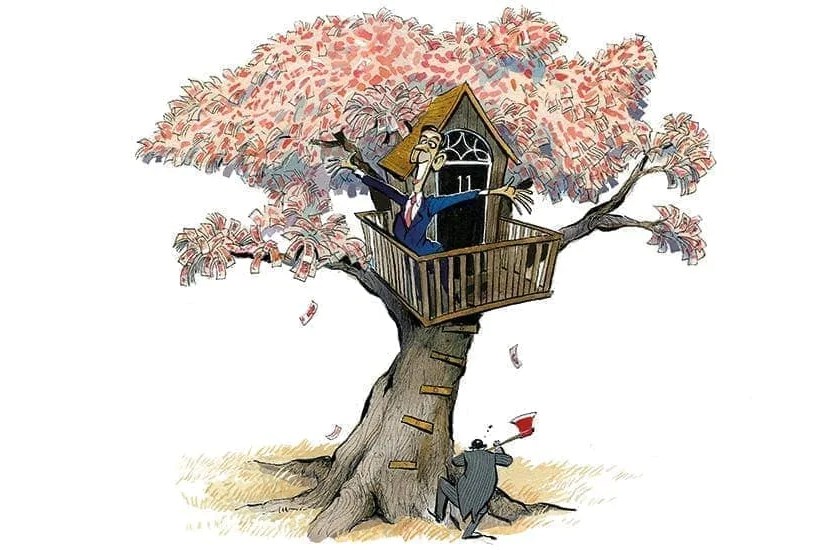I have to tip my hat to Civitas. The ‘Tufton Street’ think tank made quite a splash on Monday, including bagging the front page of the Daily Mail, with two striking claims.
One was that more than half of UK households now receive more in benefits from the government than they pay in tax.
Already a subscriber? Log in
Subscribe for just $2 a week
Try a month of The Spectator Australia absolutely free and without commitment. Not only that but – if you choose to continue – you’ll pay just $2 a week for your first year.
- Unlimited access to spectator.com.au and app
- The weekly edition on the Spectator Australia app
- Spectator podcasts and newsletters
- Full access to spectator.co.uk
Or




















Comments
Don't miss out
Join the conversation with other Spectator Australia readers. Subscribe to leave a comment.
SUBSCRIBEAlready a subscriber? Log in